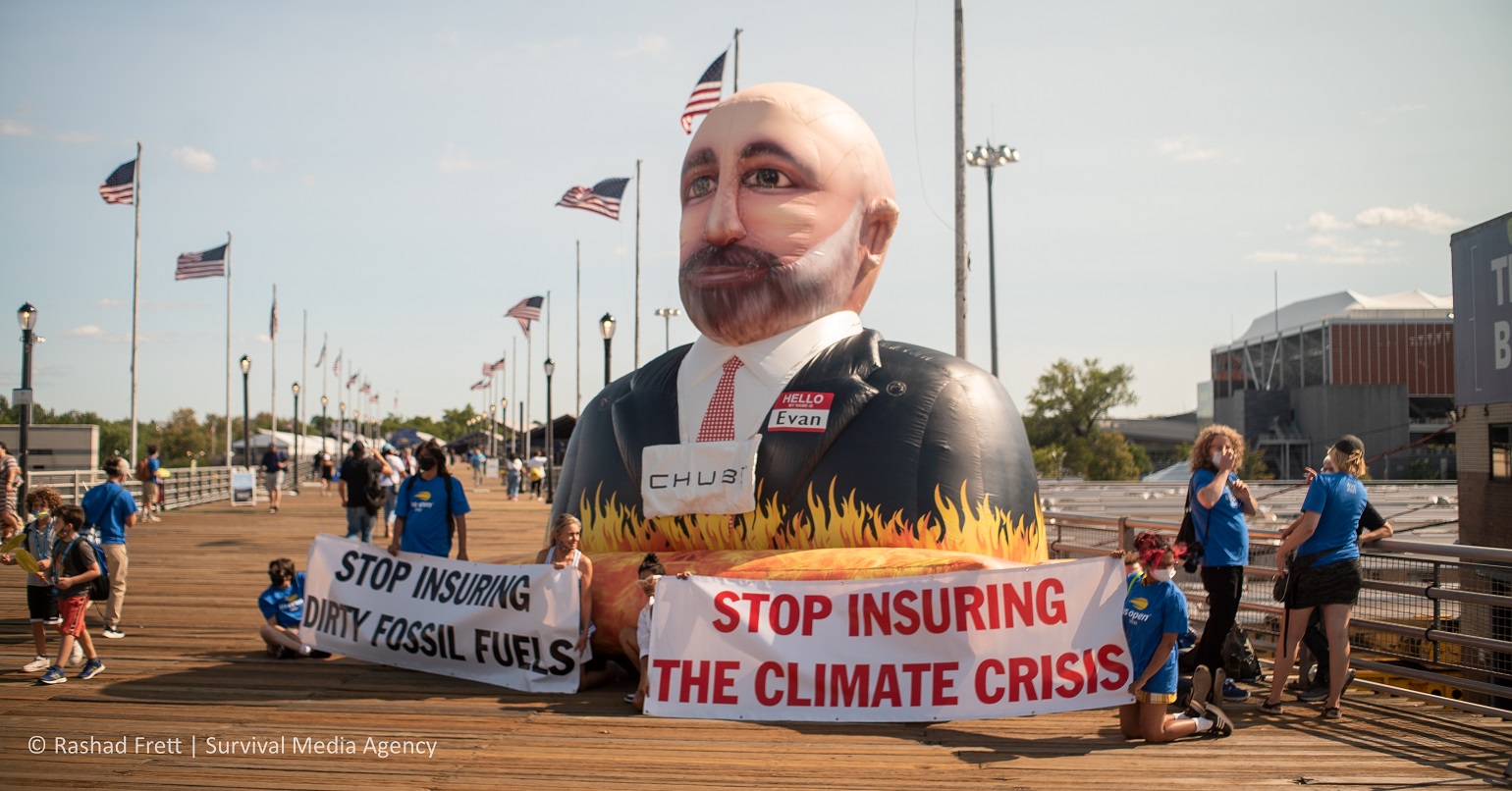First US insurer commits to limit underwriting of oil and gas projects

The first US insurance firm has committed to limit its underwriting of oil and gas extraction projects. Chubb, one of the world’s largest insurers, has announced a new suite of policies which will restrict the underwriting of fossil fuel extraction based on emissions criteria. The firm will no longer insure any new or existing oil and gas extraction projects located in protected areas or those that do not have plans to manage methane emissions.
Climate campaigners have welcomed the move, claiming that it is a step towards aligning Chubb’s practices with environmental and human rights protection. However, they have also highlighted gaps in the framework that will allow the firm to continue to insure the expansion of many new oil and gas fields, all oil and gas pipelines and other midstream infrastructure.
Elana Sulakshana senior energy finance campaigner with Rainforest Action Network said: “This policy is a step in the right direction, as no insurer should be enabling new or existing methane-intensive oil and gas fields or extraction on protected lands. However, for Chubb to fully align with a safe climate pathway and a world in which ecosystems and human rights are protected, it must stop underwriting the expansion of fossil fuels everywhere. As the IPCC report released this week makes clear, our window for action to secure a liveable and sustainable future for all is rapidly closing, and Chubb’s policies remain far from the scientific consensus that we cannot expand oil and gas production to stay within 1.5ºC.”
Chubb is currently a major fossil fuel insurer, with an estimated $500-800 million in annual premiums from the industry according to market intelligence firm Insuramore. Research from Insure Our Future has linked the company to seismic exploration in the Arctic National Wildlife Refuge in Alaska and expansion of offshore oil drilling in Brazil, including in protected marine zones, among other projects. In recent years, Chubb has come under increasing fire for its role in supporting fossil fuel expansion, facing pressure from Indigenous Peoples, activists, and shareholders to stop providing insurance coverage for new oil and gas projects and to respect Indigenous rights.
Risalat Khan, a senior strategist with Insure Our Future said: “With this policy, Chubb and its CEO Evan Greenberg have taken a welcome first step to defend climate risk management against barely-camouflaged climate denial attacks.
“More insurers must take a stand for science-based climate risk management, if they do not want their entire business models to be in the crosshairs.”
Liz Marin, missing and surviving indigenous peoples director with Seeding Sovereignty said: “Chubb is recognizing the importance of protected land in this policy, but there are so many sacred ecosystems that do not have protected area designations facing threats from oil and gas drilling. For example, it’s unclear if this policy would be applicable to the recently-approved Willow project on the North Slope of Alaska, which poses major risks to Iñupiaq communities and the land, water, and wildlife.”
PS. We hope you enjoyed this article. Bright Green has got big plans for the future to publish many more articles like this. You can help make that happen. Please donate to Bright Green now donate to Bright Green now.
Image credit: Rashad Frett, Survival Media




Leave a Reply